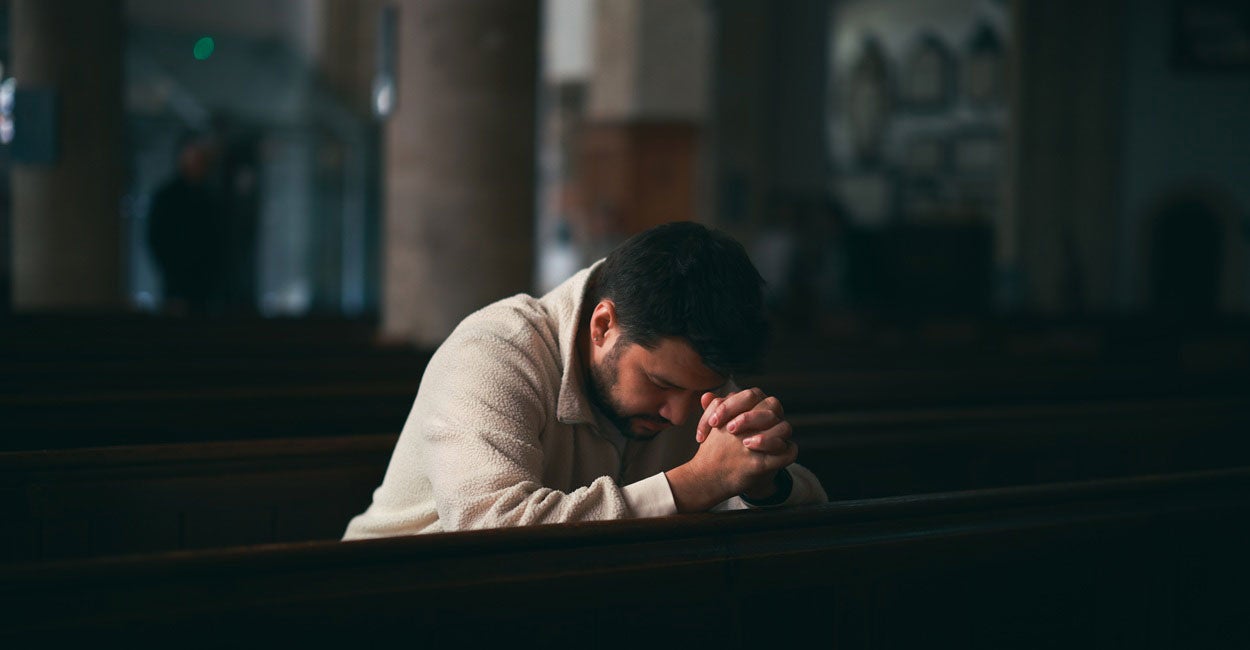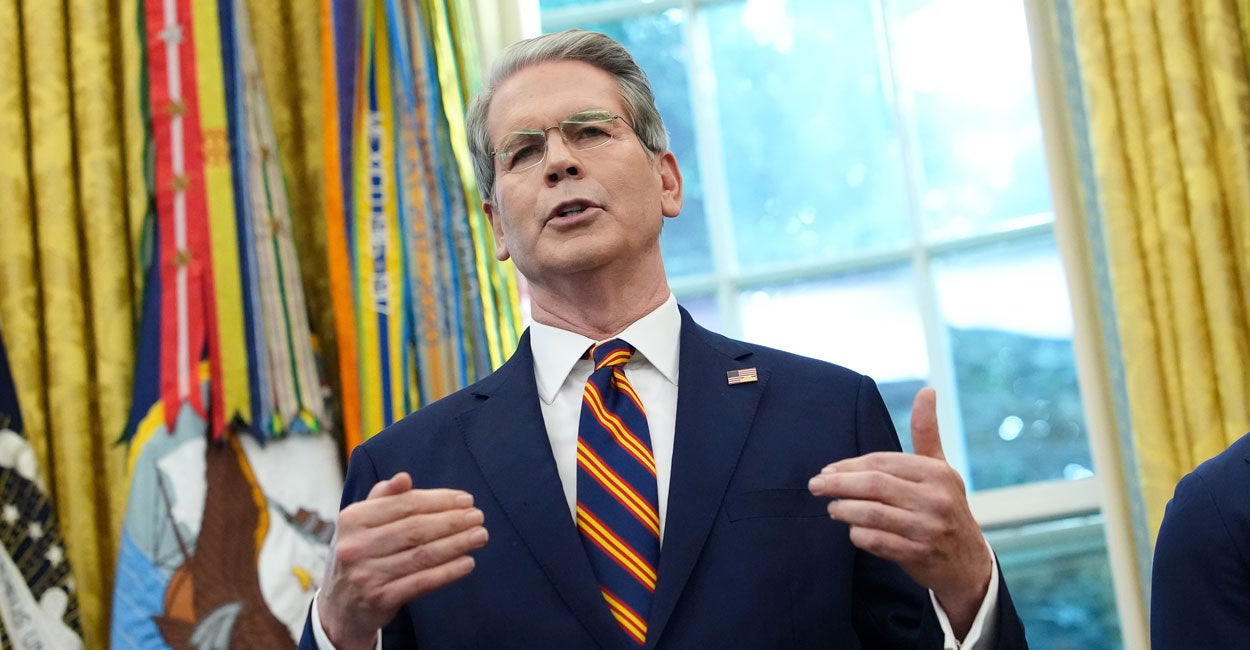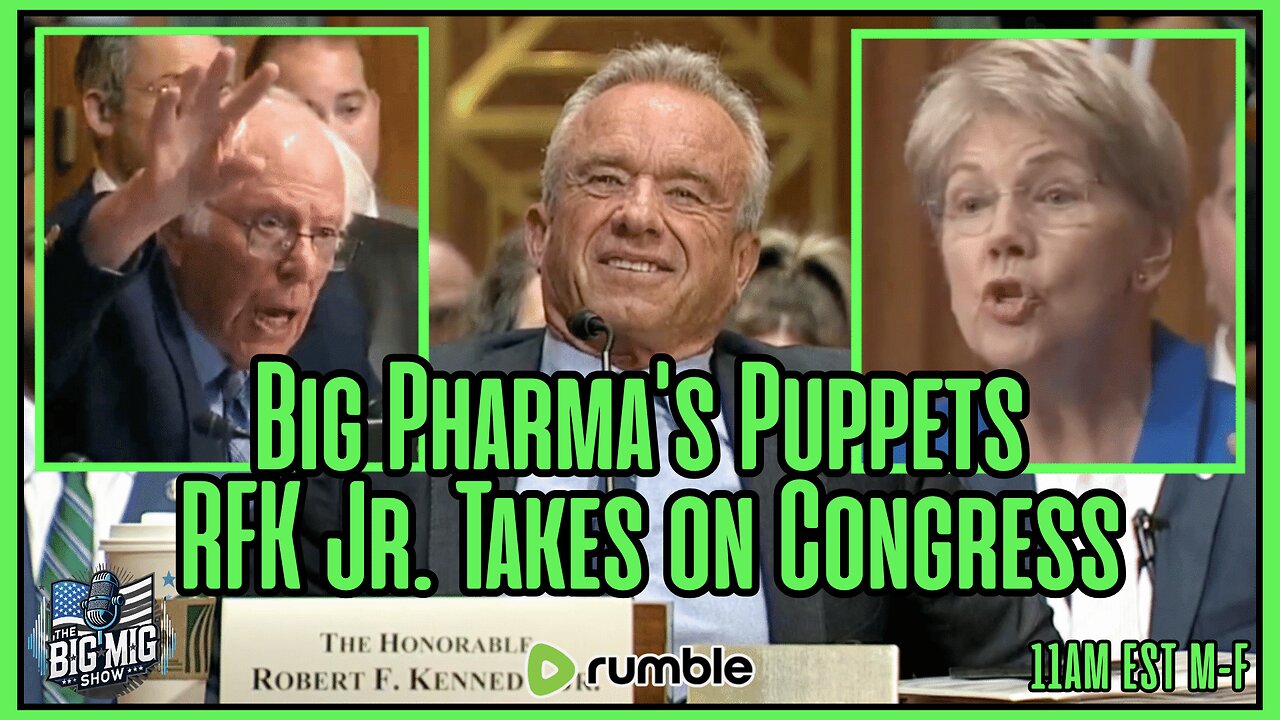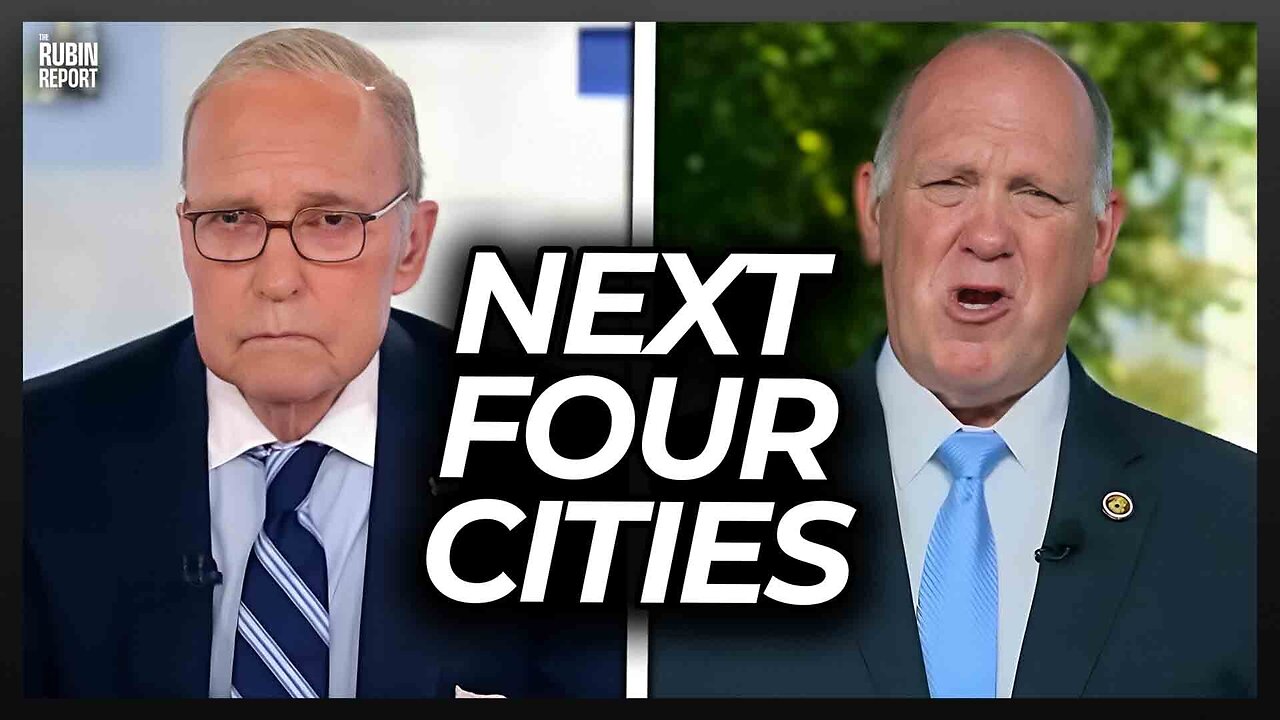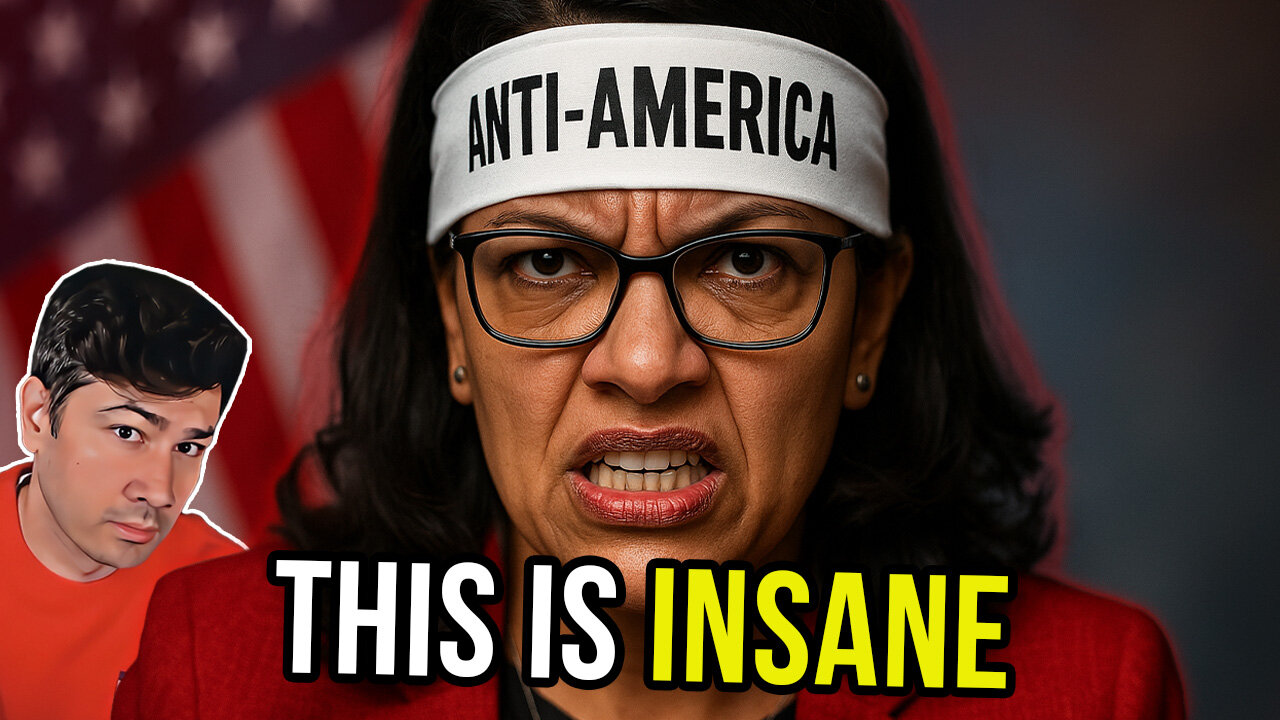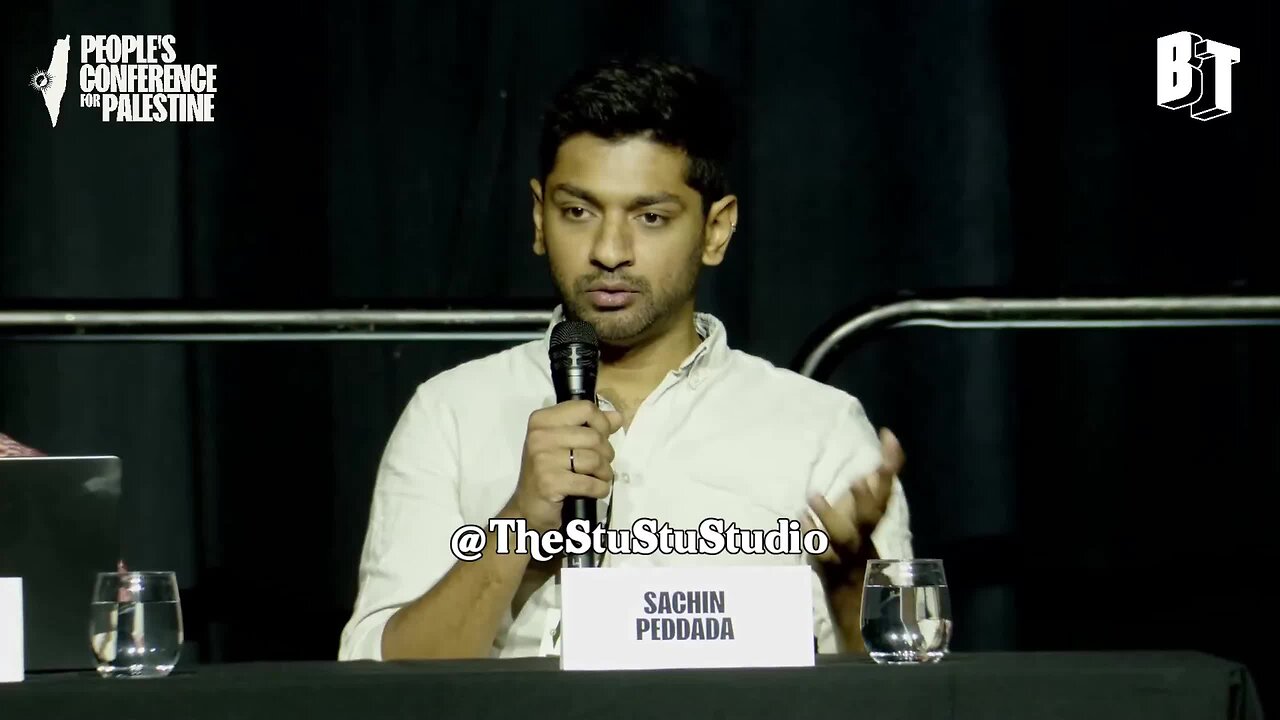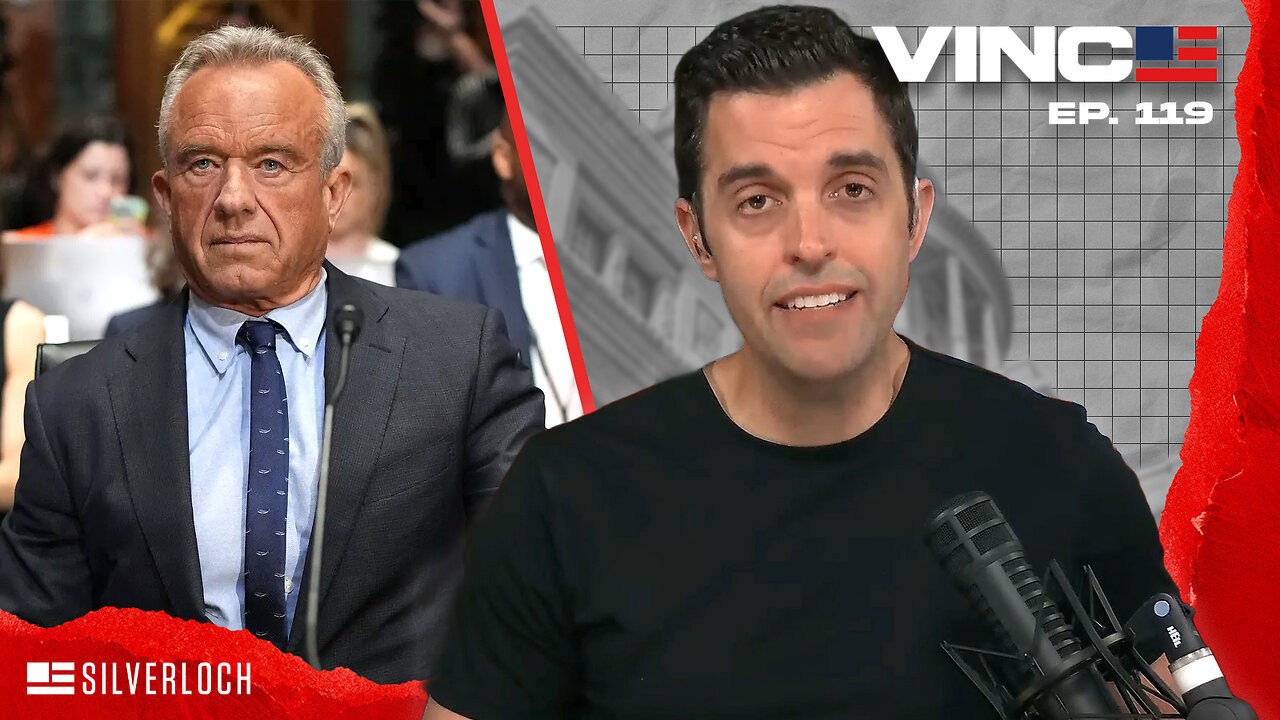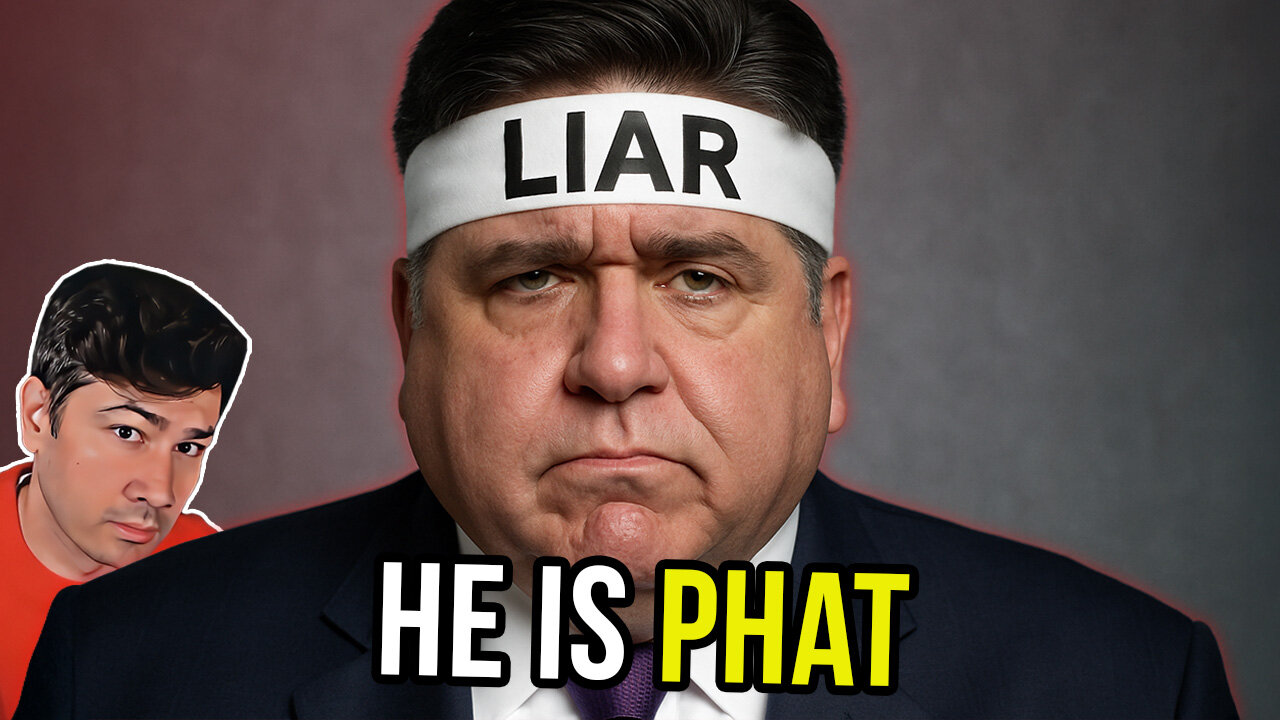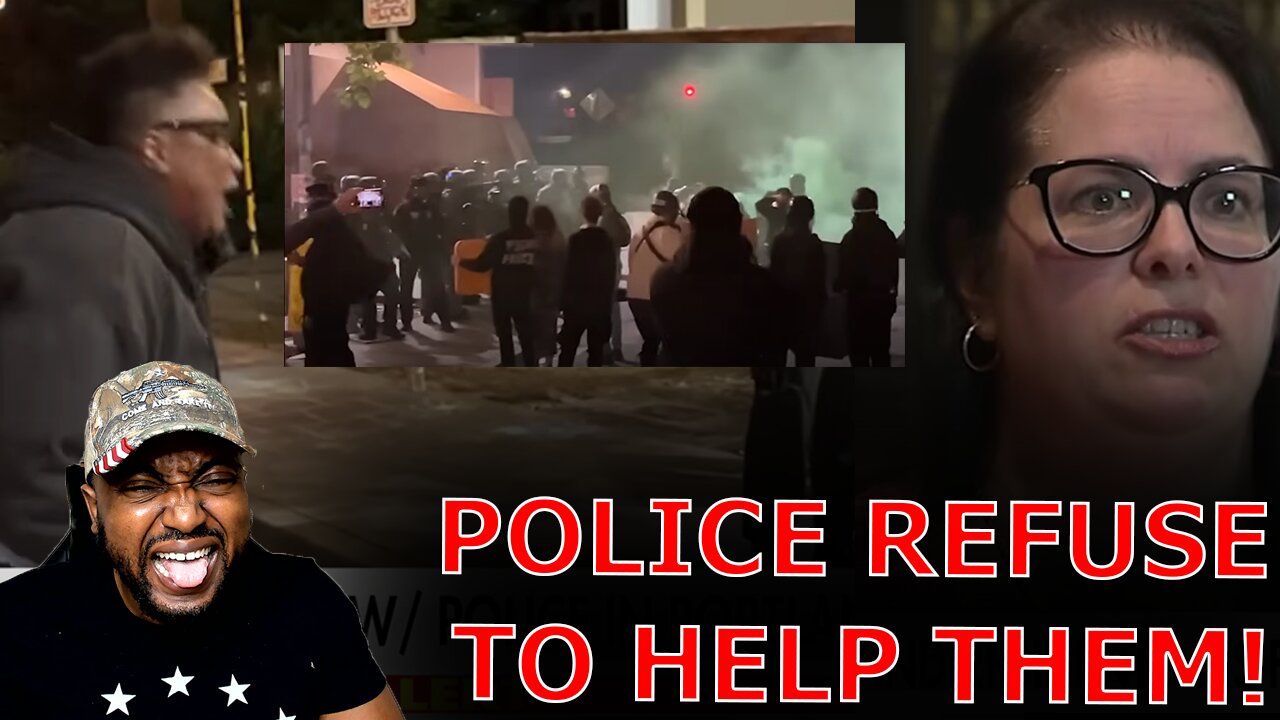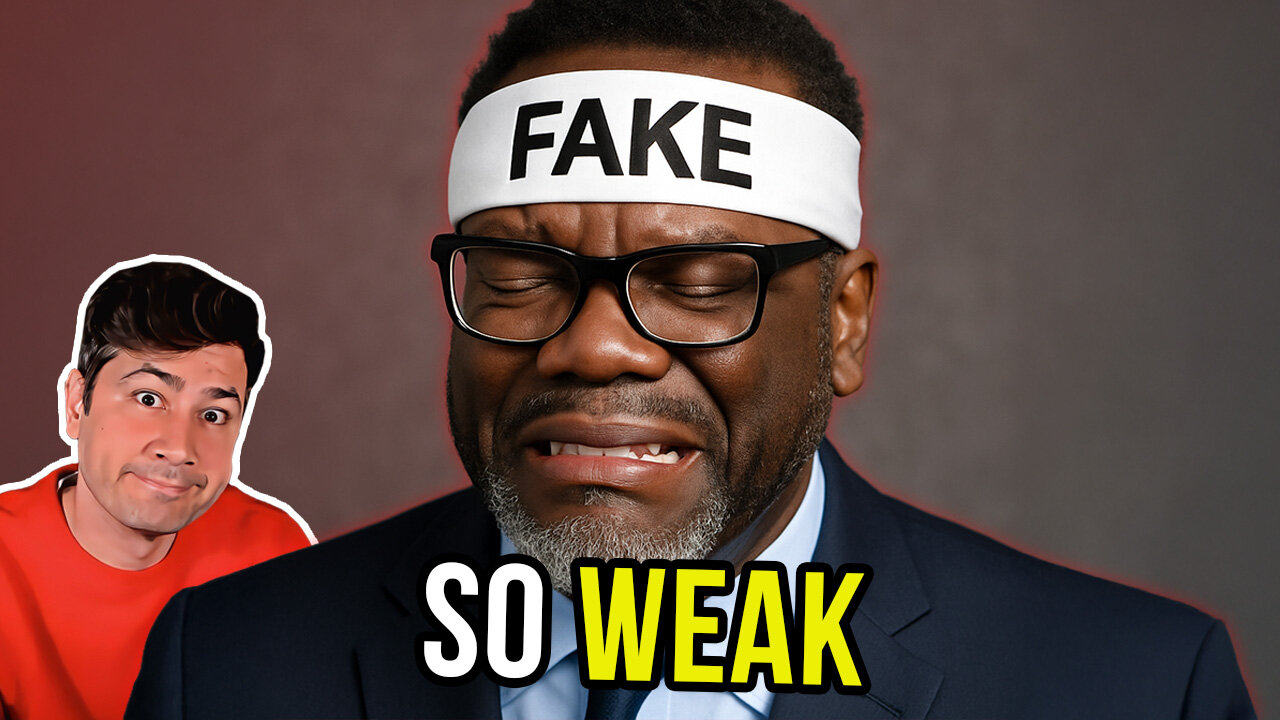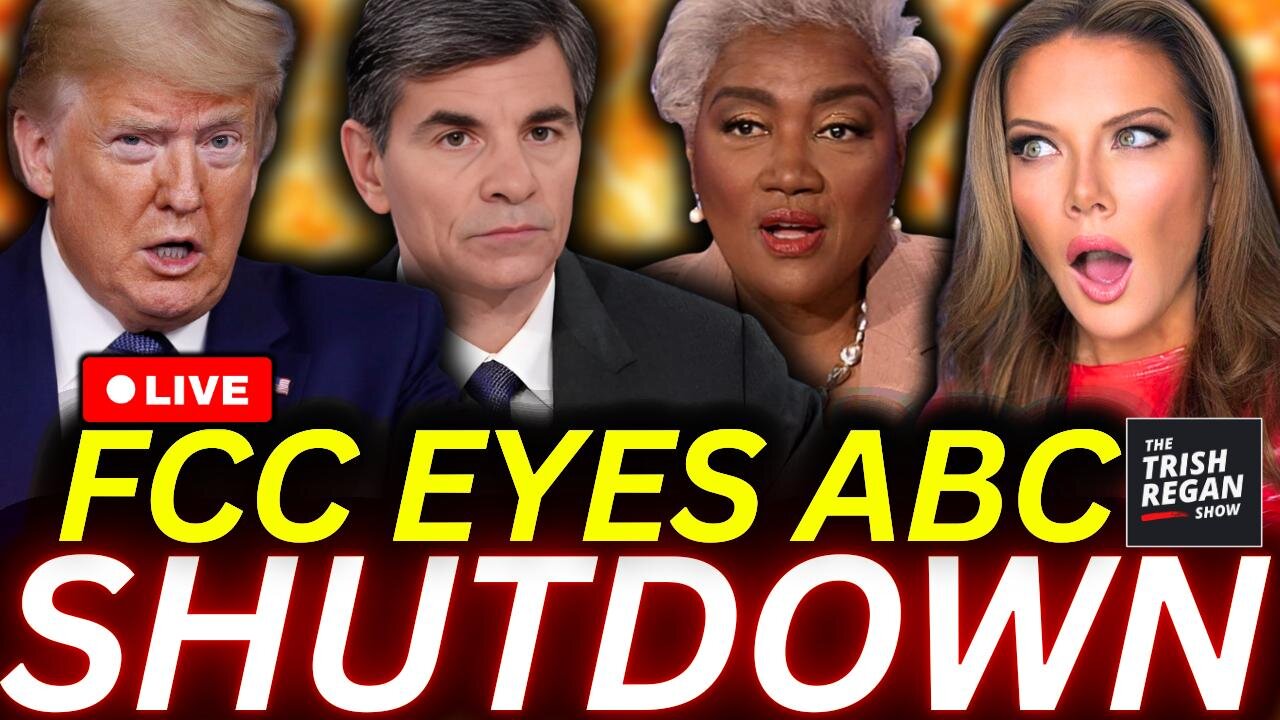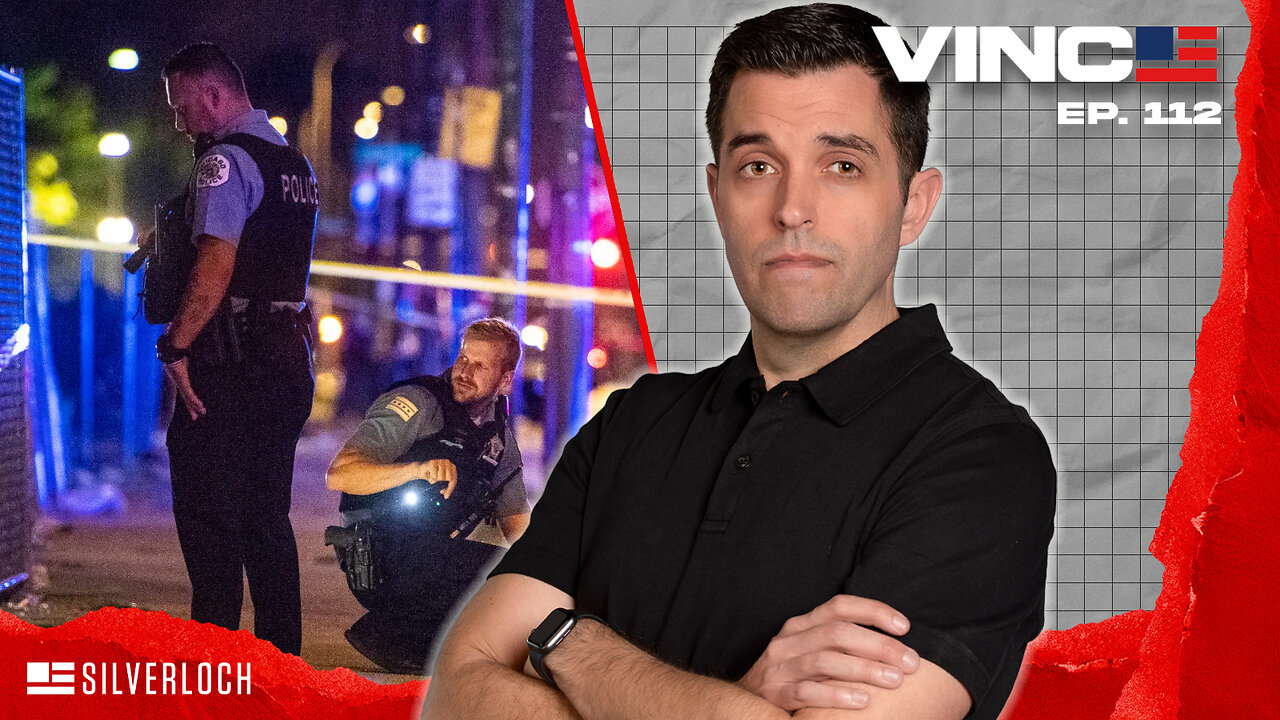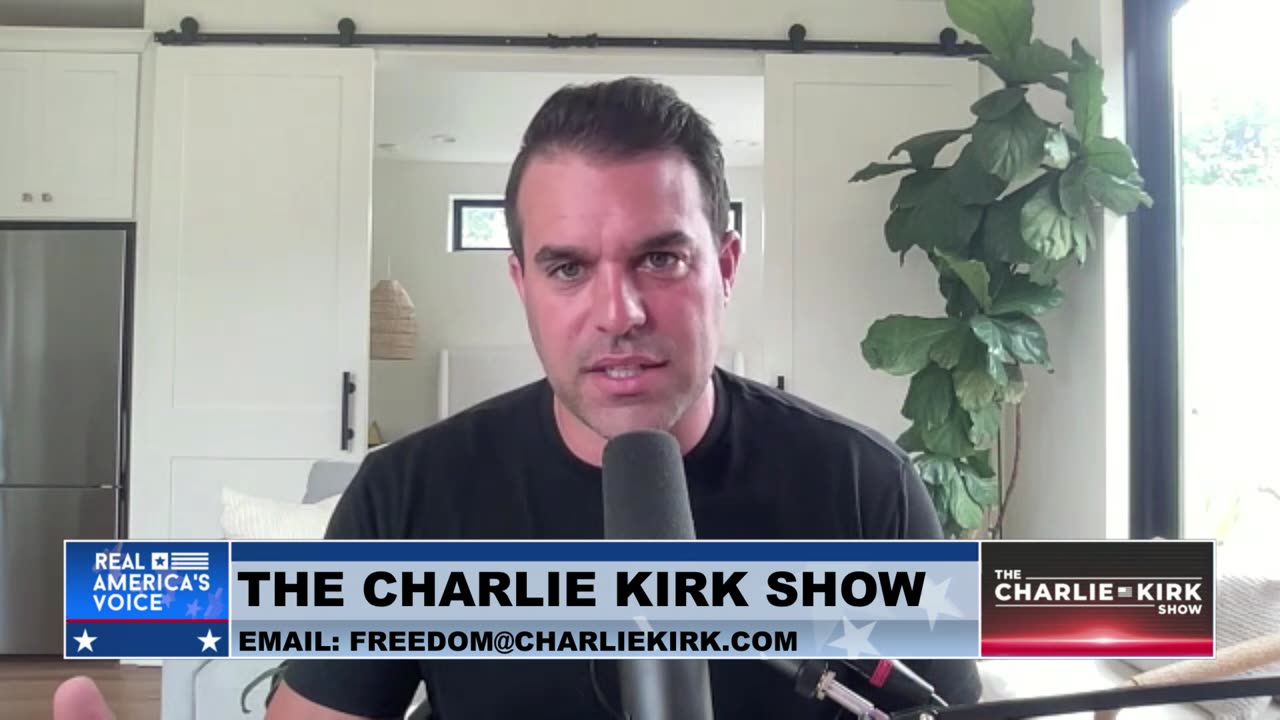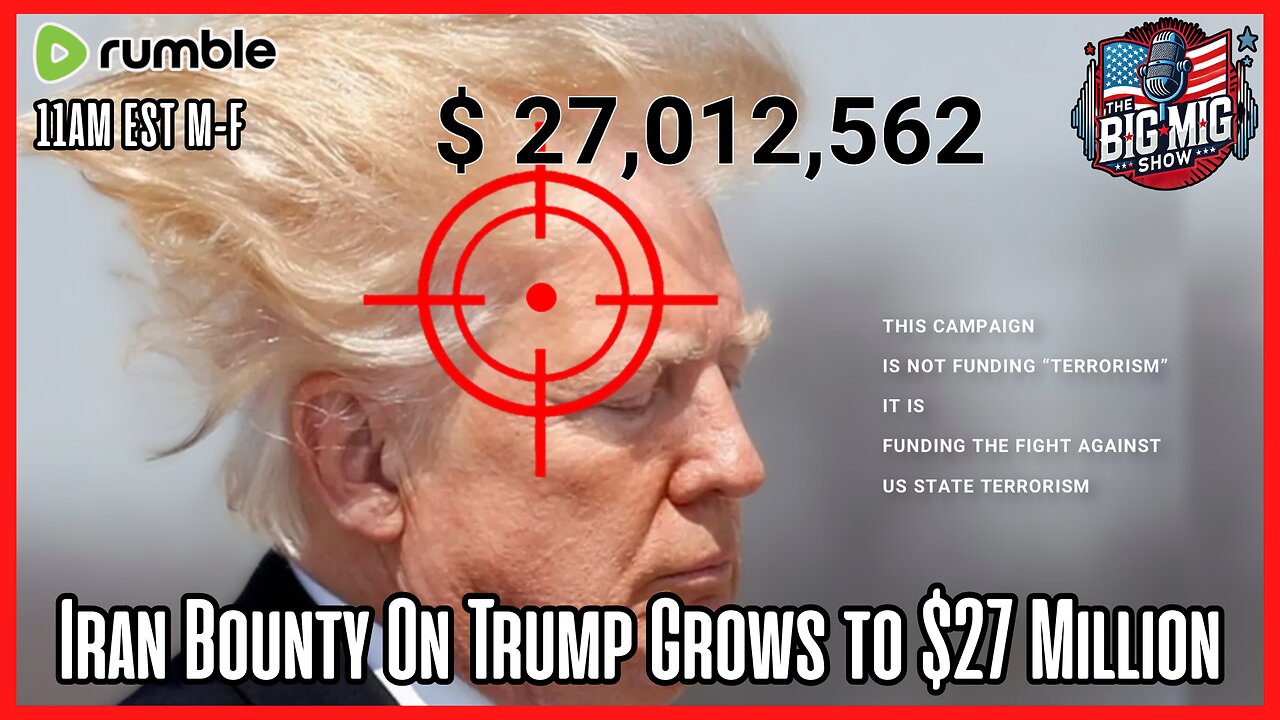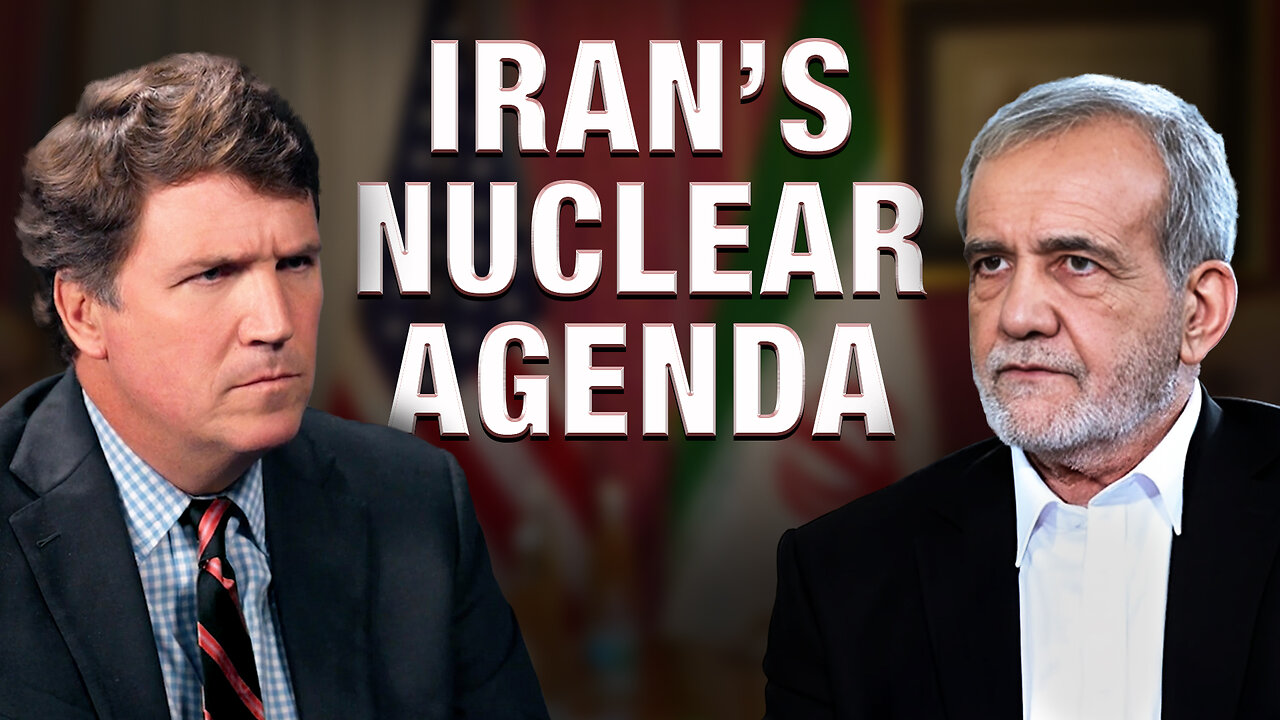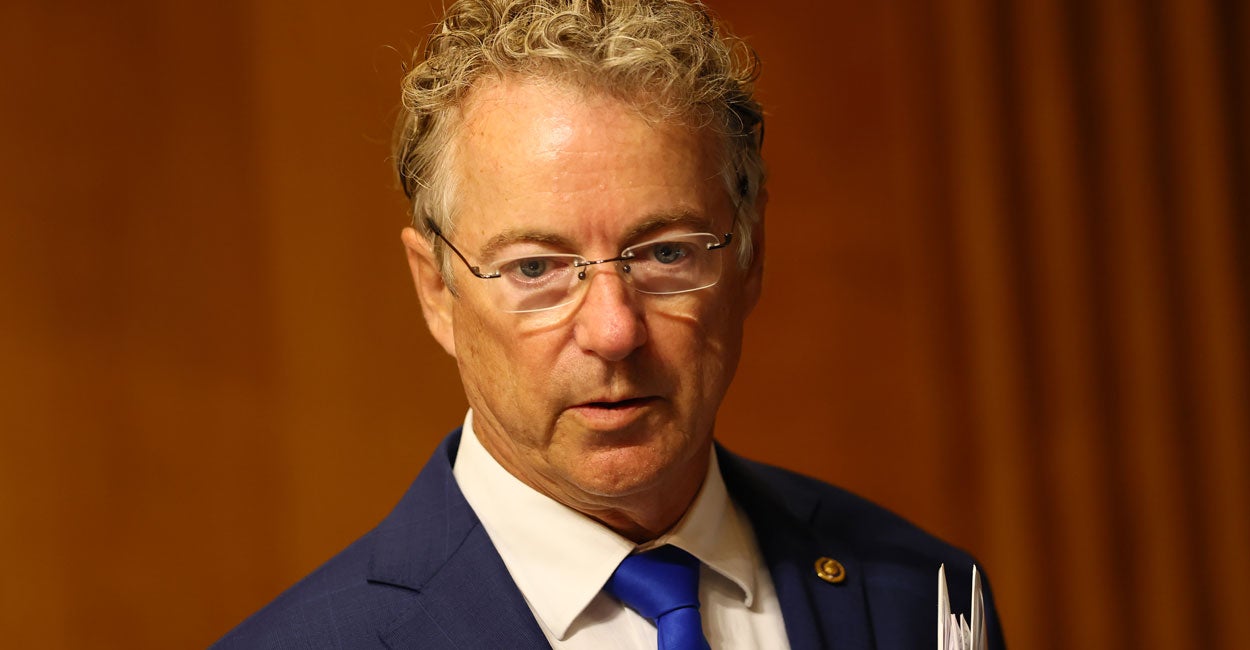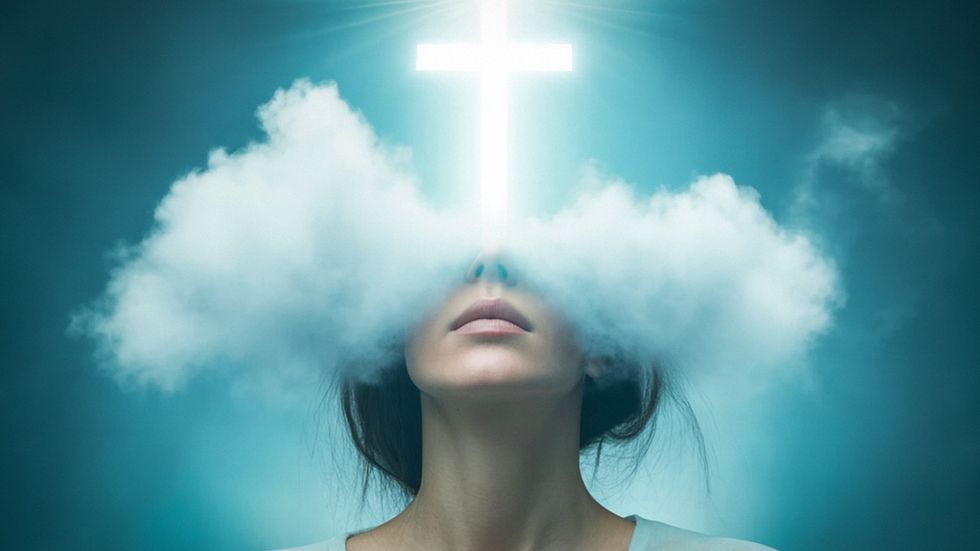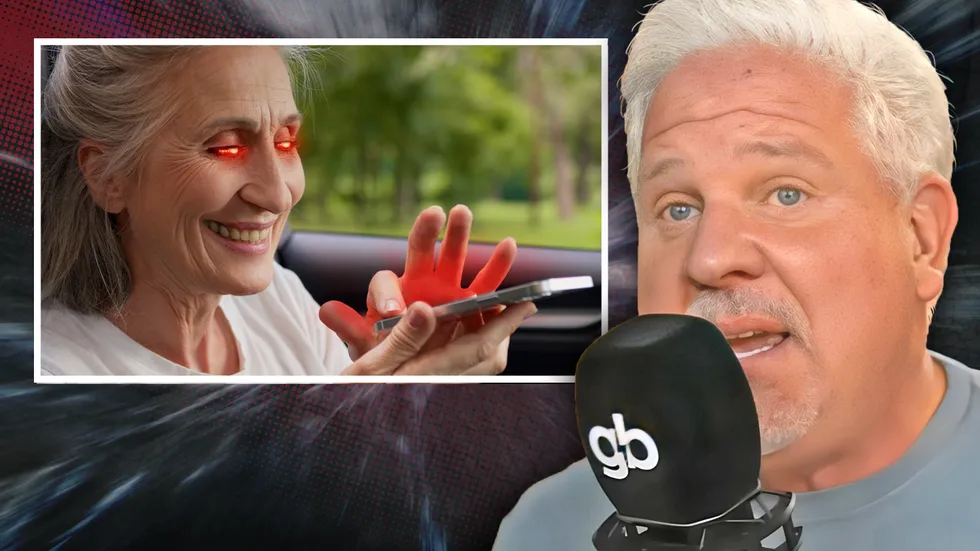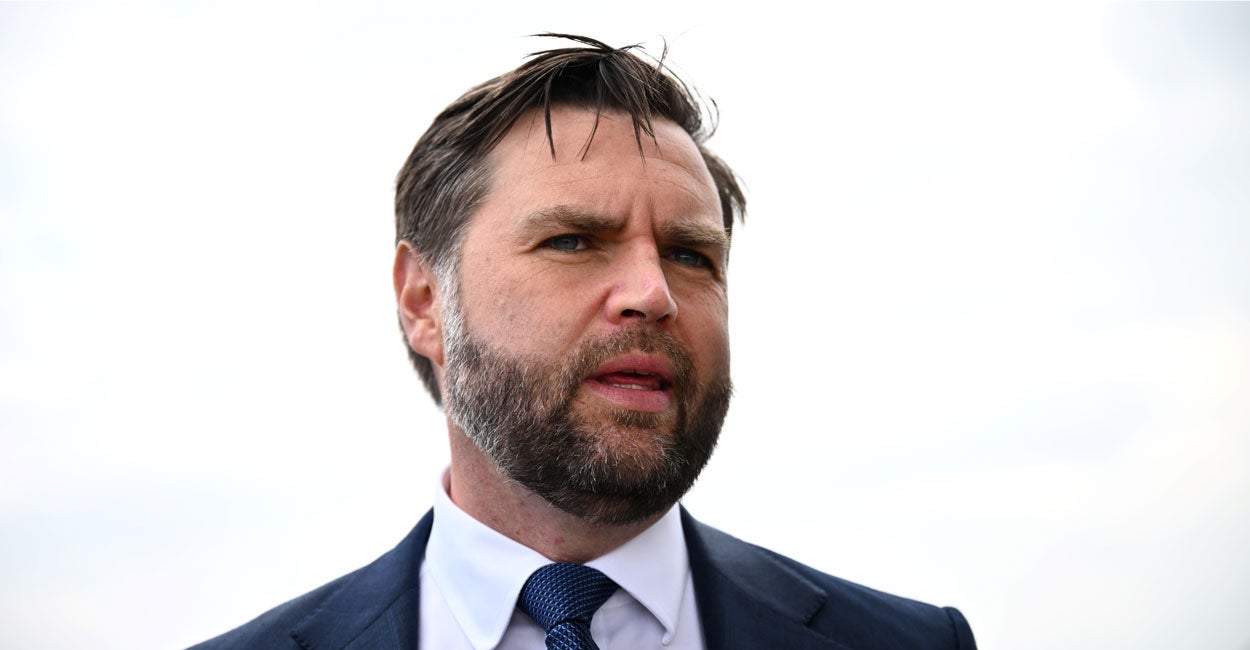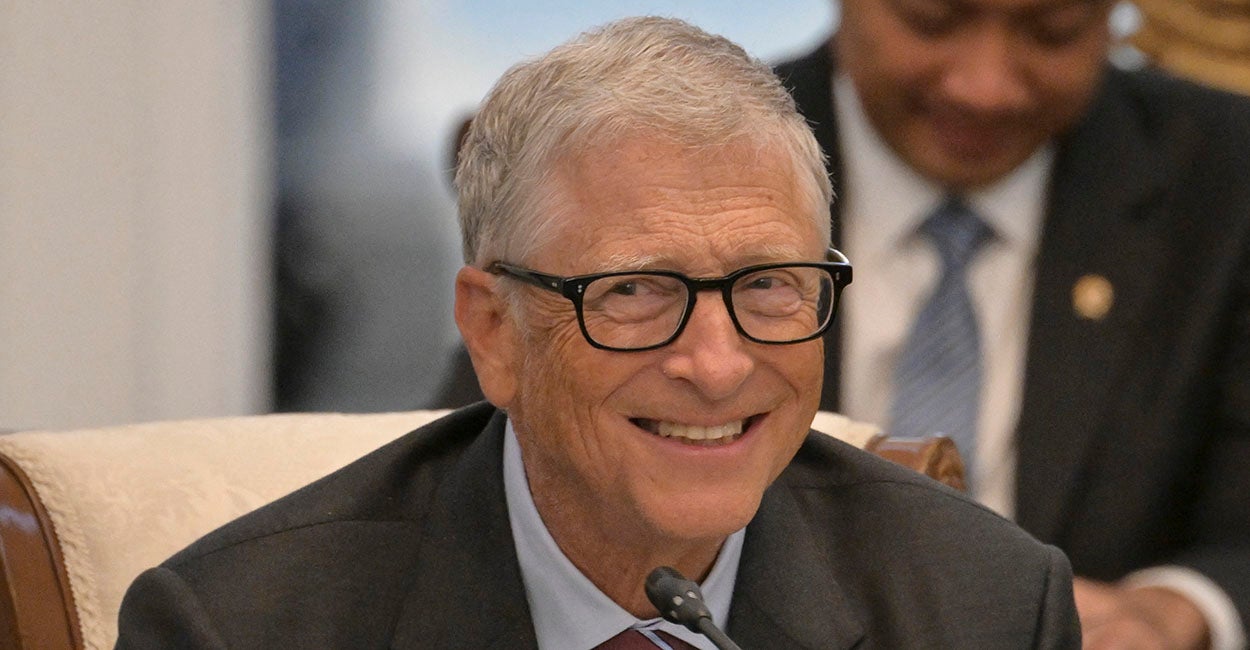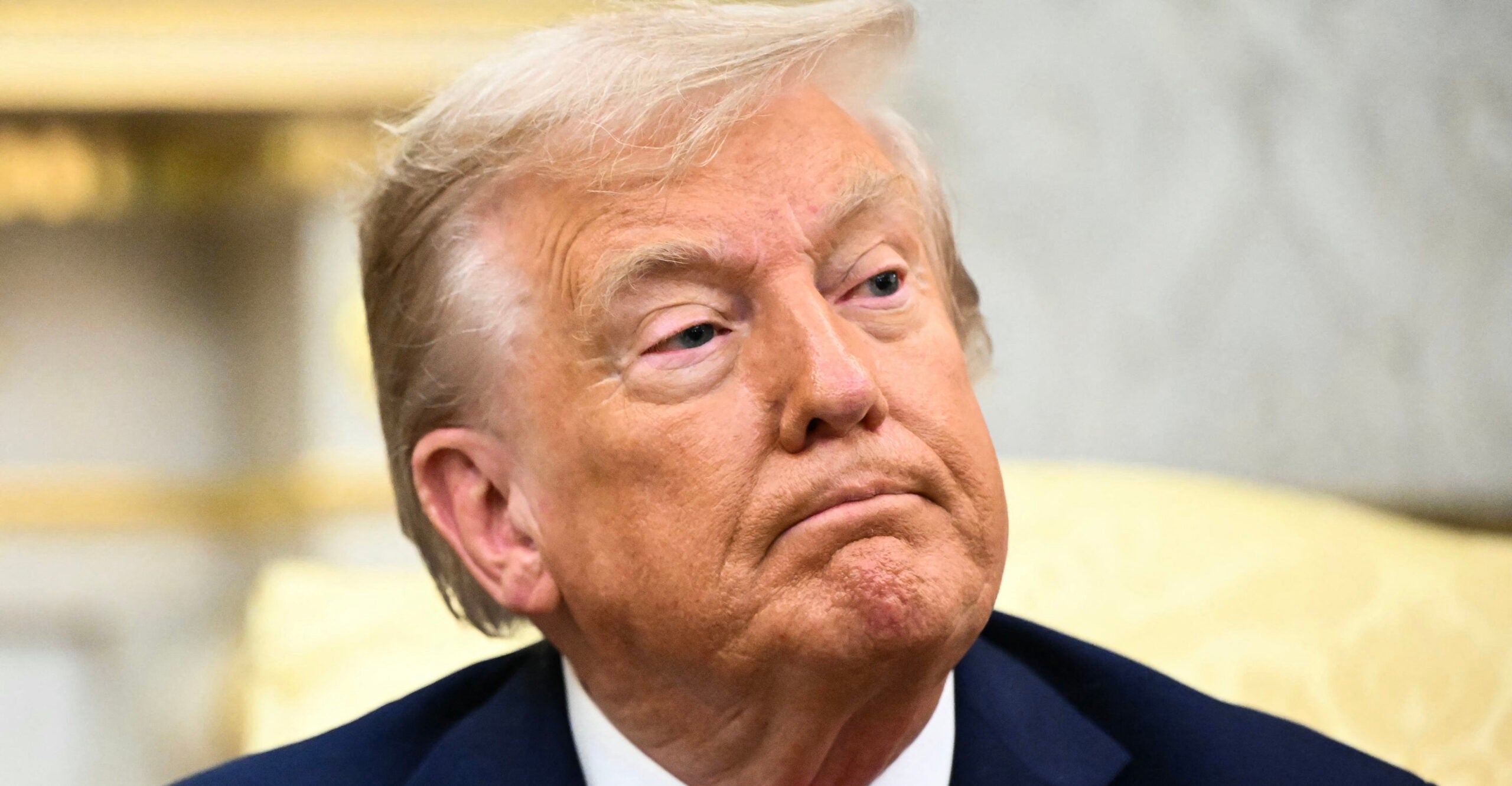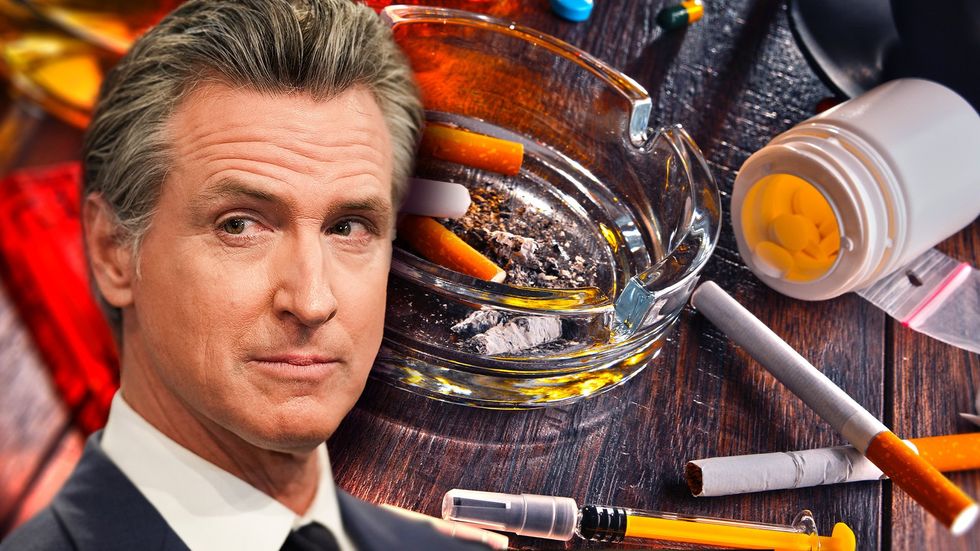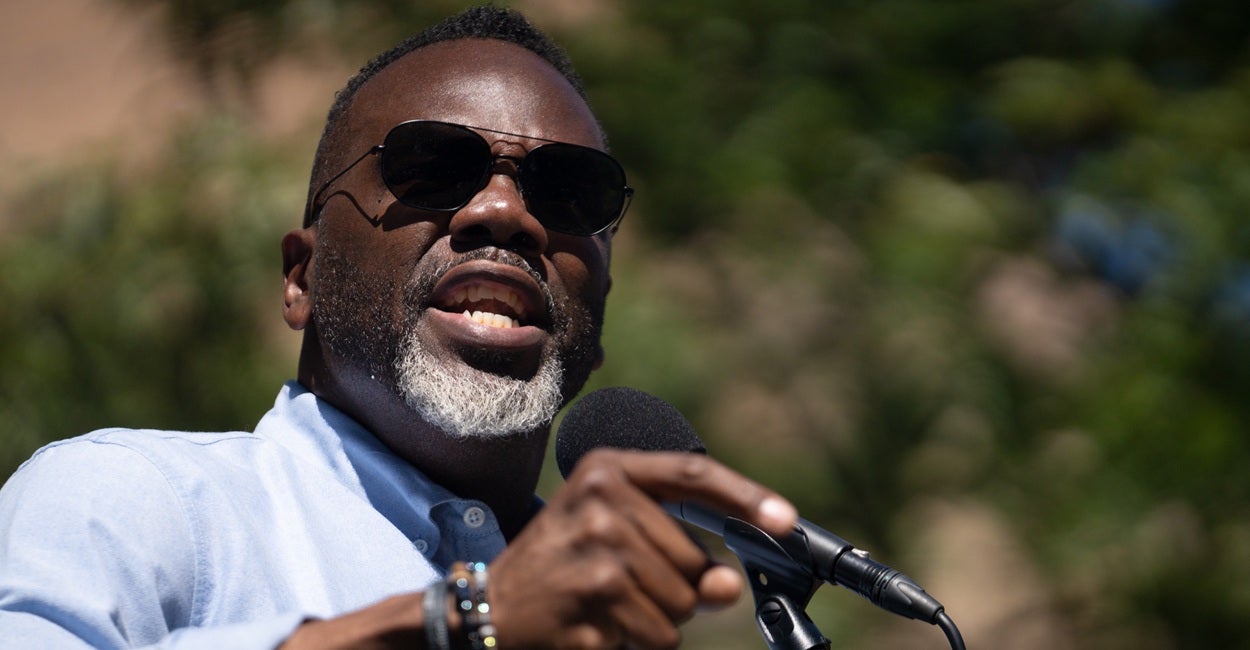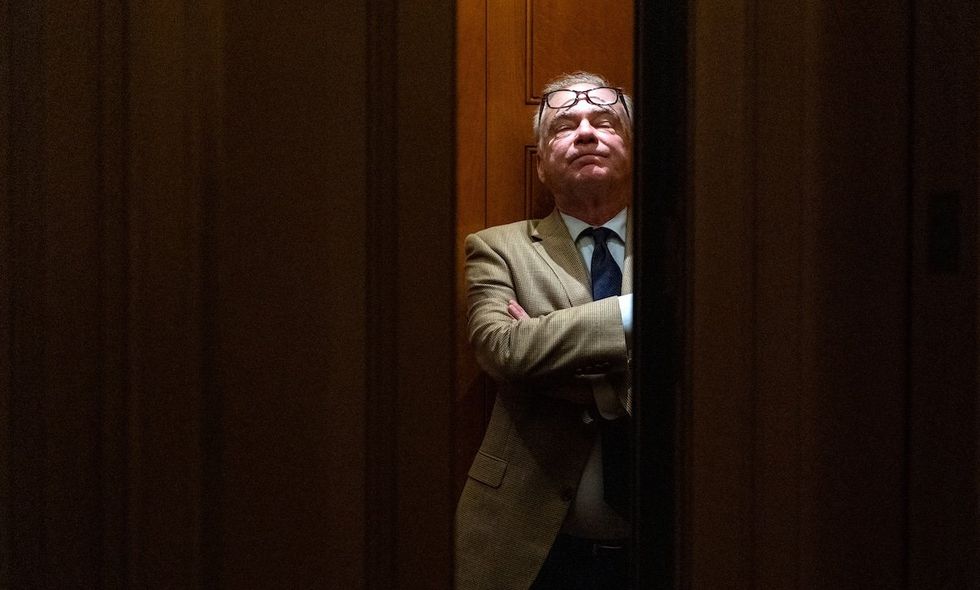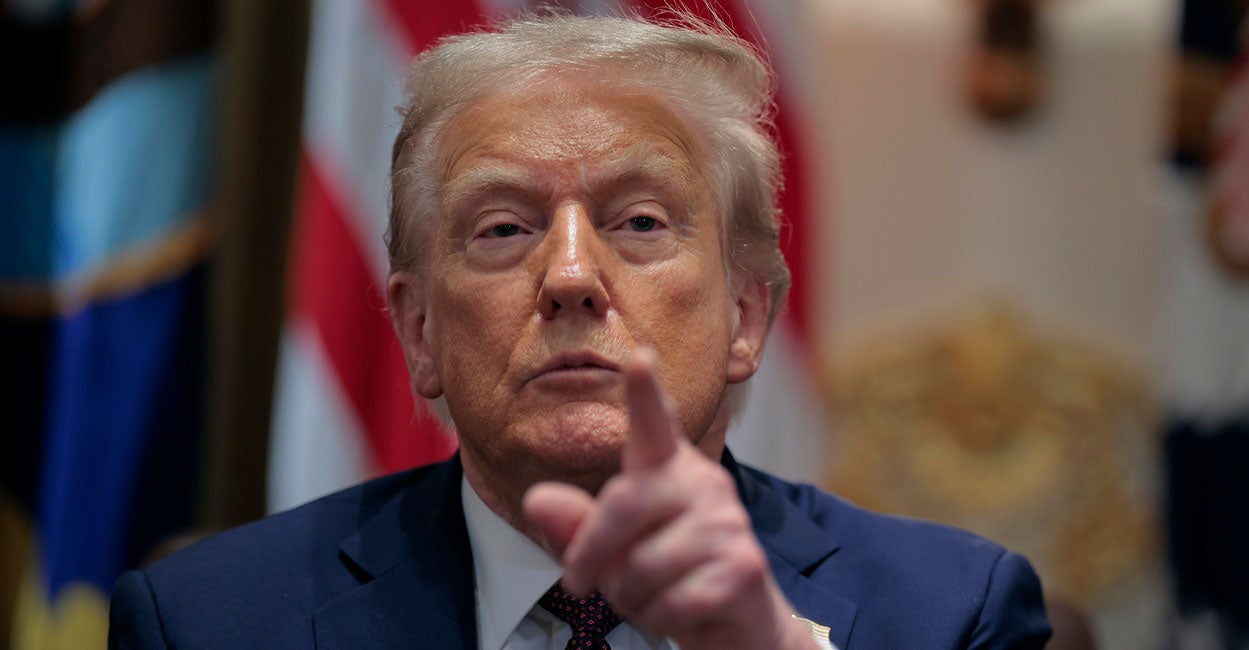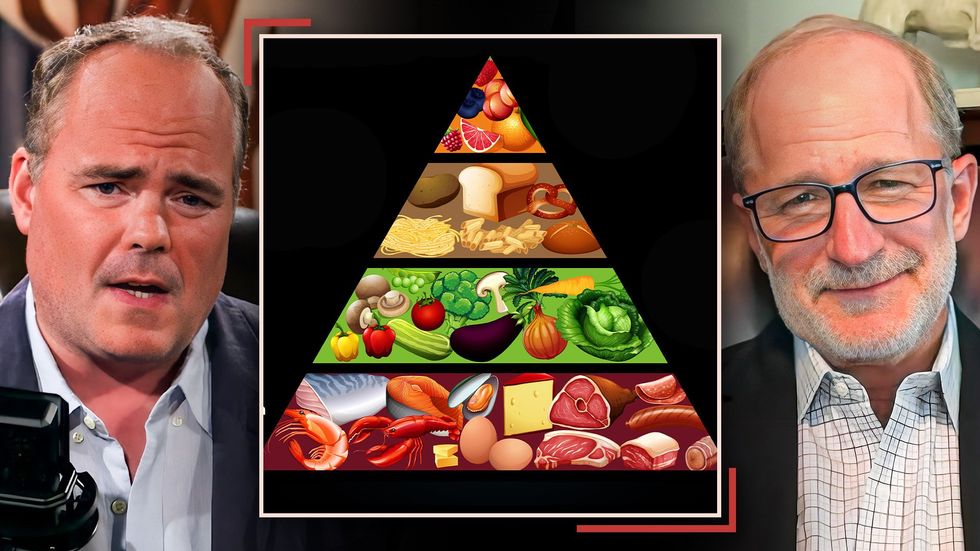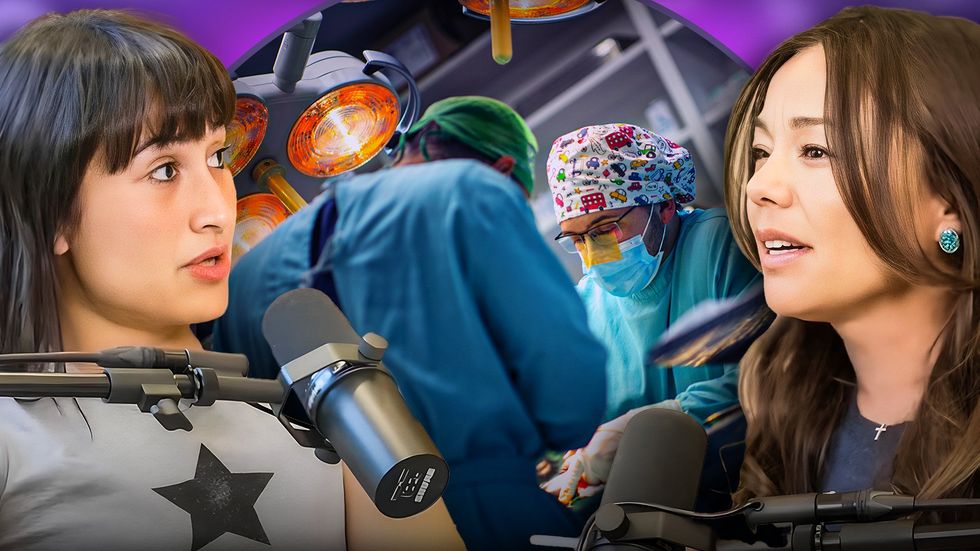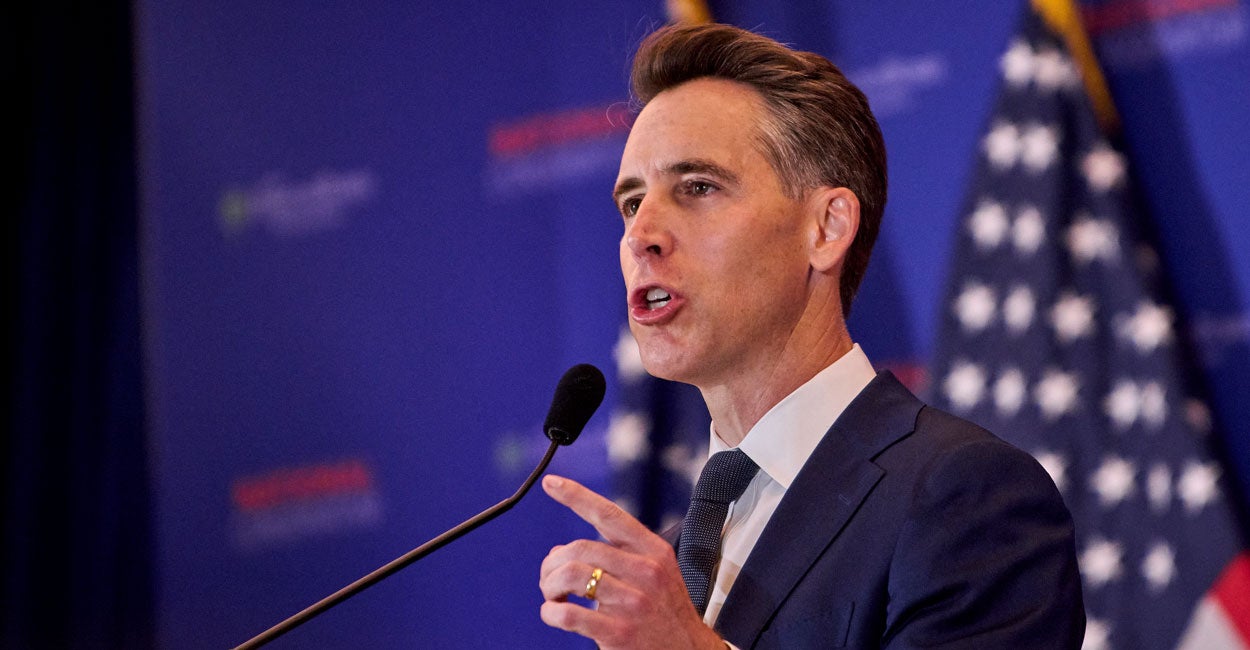RFK Jr. Says God Healed His Addiction. Could Including God in Mental Health Treatment Transform Our Health Care System?
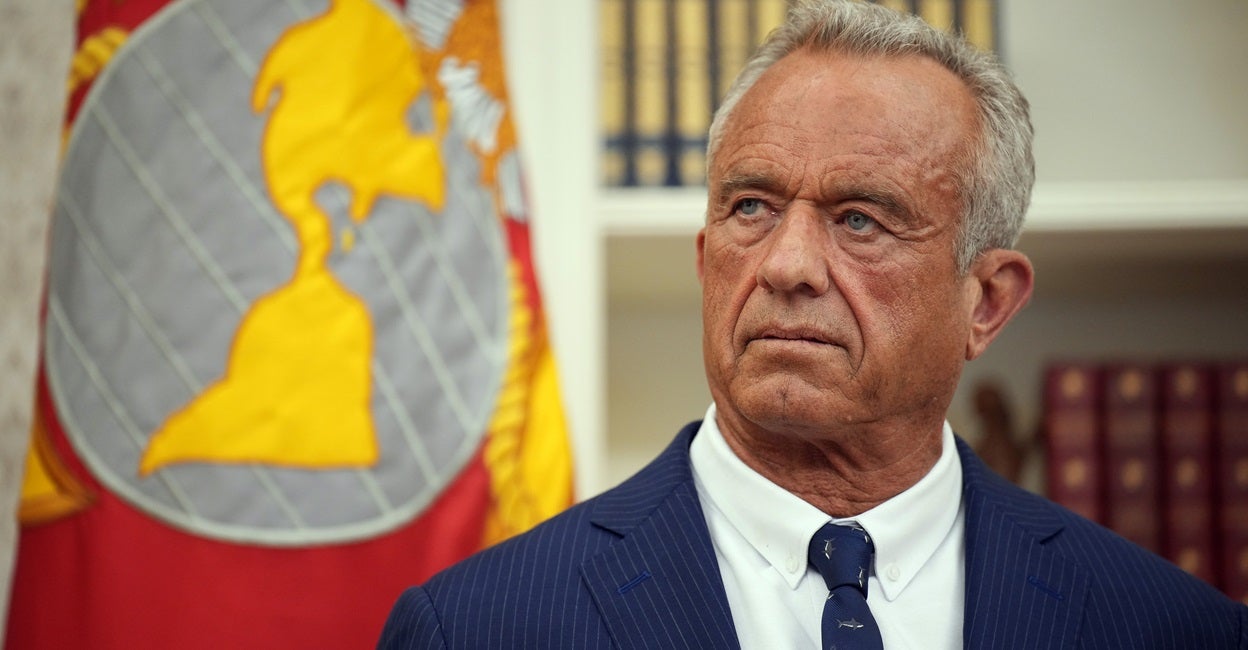
Months before he became health and human services secretary, Robert F. Kennedy Jr. shared his moving conversion story, expressing that belief in God helped break his longtime heroin addiction that began when he was a boy, the year after his father’s tragic murder.
“We grow through pain,” Kennedy told podcast host Sage Steele. “Pain is ultimately the touchstone of spiritual growth, and addicts have a unique opportunity for redemption because they’ve been to hell.”
Kennedy said his faith in God came gradually, beginning at age 28, first after reading the work of renowned Swiss psychiatrist Carl Jung. Kennedy said Jung reported that after observing tens of thousands of psychiatric patients, he concluded that people who believe in God got better faster.
Kennedy’s experience is supported by numerous studies showing a robust tie between faith and low substance addiction, strong mental health, and lower rates of suicide and depression.
From his powerful position, Kennedy is in a unique role to share how and why we must reform our mental health care delivery system, which is inadequate. It has become overly reliant on pharmaceutical “remedies” that quite often make things worse.
I experienced this in 2019, when I was hospitalized twice due to allergic reactions from drugs administered to me by health care providers unable to properly care for my diagnosed fibromyalgia, anxiety, PTSD, and depression.
Rather than comprehending and treating the underlying causes of inflammation and pain stemming from a childhood of traumatic abuse, they instead masked it with a cocktail of pharmaceutical drugs that backfired and almost killed me. I am far from alone.
The groundswell of support for Kennedy’s nomination was undergirded by anger and skepticism toward Western medicine’s excessive use of pharmaceuticals.
Health care reform activist Calley Means, who supported Kennedy’s nomination, recently posted on X about how the United States leads the developed world in global antidepressant users per capita. We have never had more drugs, yet we’ve never had more suicide and depression, which both have hit record highs.
Nearly 50,000 people died by suicide in the United States in 2023—nearly 17 times the number of people killed in the 9/11 terrorist attacks. And that’s just in one year.
This is the highest number ever recorded and the highest rate since 1941—the aftershocks of the Great Depression. America’s mental health is at a crisis point. We’ve got to change this–and we can. This will involve asking hard questions about the interplay between faith and mental health care delivery.
For example, the journal Sociology of Religion reported that psychologists are the least religious of professors, with 61% reporting themselves as atheist (50%) or agnostic (11%). Harvard found psychology professors (and biologists) were the least likely among disciplines to believe in God. Conversely, Gallup found 81% of Americans believe in God.
Thus, a study led by Harvard Medical School researcher David Rosmarin, an expert on faith and mental health who is devoutly Jewish, reported that nearly 76% of patients wanted spiritually integrated psychotherapy.
In my own life, my most effective mental illness treatments and mitigants fused spiritual and mental care by Jewish and Christian leaders, allowing me to heal and recover through God’s grace and redemption.
However, Rosmarin’s team found in another study that 36% of practitioners of cognitive-behavior therapy “reported some discomfort” in addressing spirituality and religion issues with clients while 19% reported never/rarely inquiring about them and 71% reported “little-to-no previous clinical training in this area.”
This isn’t to say an agnostic or atheist can’t provide solid mental health care. But it could also help explain why other Harvard researchers also found that “spiritual needs of patients with serious illness are frequently unaddressed within medical care” and “unaddressed spiritual needs can be associated with poorer patient quality of life.”
Kennedy said he’s committed to transforming our nation’s health care system, including mental health care. It’s an exciting idea to think that we can reimagine our mental health training, teaching, and delivery to incorporate our national motto: In God We Trust.
We publish a variety of perspectives. Nothing written here is to be construed as representing the views of The Daily Signal.
The post RFK Jr. Says God Healed His Addiction. Could Including God in Mental Health Treatment Transform Our Health Care System? appeared first on The Daily Signal.
Originally Published at Daily Wire, Daily Signal, or The Blaze
What's Your Reaction?
 Like
0
Like
0
 Dislike
0
Dislike
0
 Love
0
Love
0
 Funny
0
Funny
0
 Angry
0
Angry
0
 Sad
0
Sad
0
 Wow
0
Wow
0
